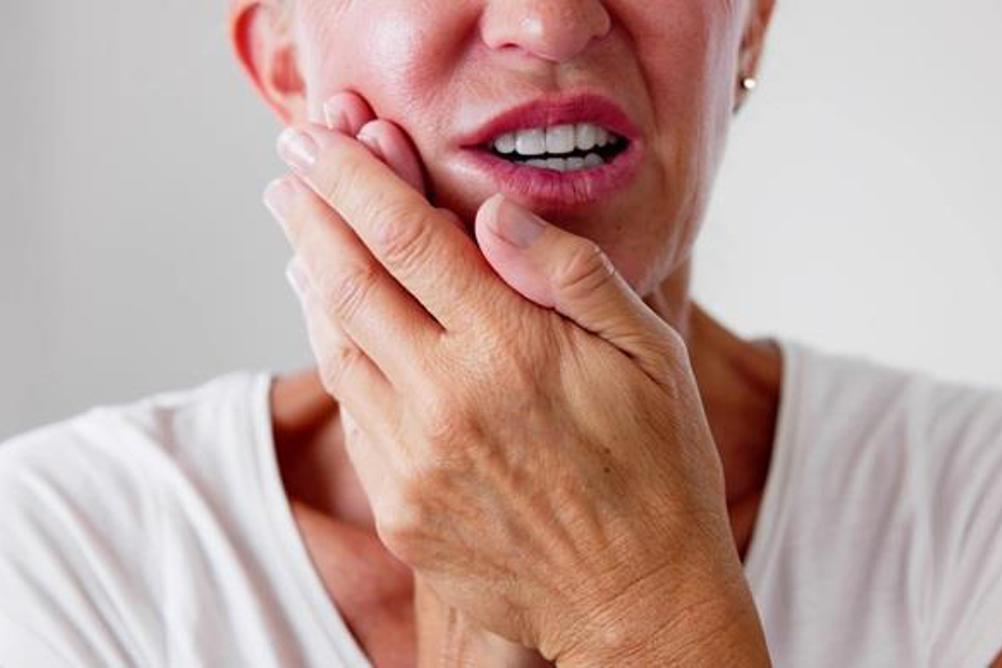
Women experience hormone deficiency during menopause. These hormone fluctuations affect the periodontal tissues directly. Oestrogen and progesterone are anti-inflammatory, and so the decline of these hormones during menopause means that women don’t have the same protective factors. As a result, there can be a heightened inflammatory response to the same levels of plaque they may have previously experienced. You may look at the patient’s mouth, and their oral hygiene hasn’t changed, but their periodontal condition is no longer stable. Patients may have extra sensitivity to plaque levels than they would have previously tolerated.
Furthermore, bacterial levels of biofilm change during this life stage. As oestrogen and progesterone reduce, there is a greater concentration of anaerobic bacteria in the biofilm. This also increases the risk of periodontal disease and exaggerated inflammation. Both hormones also impact bone density, which can lead to a reduced bone density of the jaw, which increases the risk of periodontal disease.
Register now to continue reading
Thank you for visiting Dental Nursing and reading some of our resources. To read more, please register today. You’ll enjoy the following great benefits:
What's included
-
Up to 2 free articles per month
-
New content available
Already have an account? Sign in here
